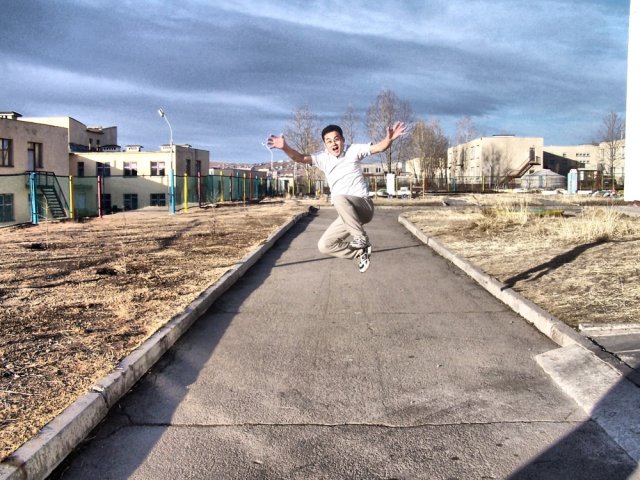I must admit I thought long and hard before choosing the above title – I have read many similarly titled articles which promise wonderful tips to revolutionise your life, and which in the long run end up making you feeling worse about yourself because you haven’t managed to put into practice! However, from the five years I have spent full-time on the journey of self-discovery with my teacher Sri Chinmoy, I have managed to put into place some practical lessons which have reaped enormous benefits, and I’d like to share some of them here. As you will see, many of them have more to do with attitude and how we look upon events – once the right attitude is there, the rest falls into place.
A good start is half the battle
It is important every day to keep at least some part of the day solely for yourself, where you can do the things that keep you grounded, centered and focused on the important things in life. In many ways, the morning is by far the best time for this. Firstly, you are much less likely to be distracted by work or friends or unforeseen circumstances. Secondly, when you can have that time in the morning, the sense of peace and balance you get lasts through the day and insulates you against the swirls and storms of life.
Having that time every day for yourself does involve a certain degree of discipline, but when you can keep up that discipline, you feel much more in control of your life, and able to tackle other issues which need improving. For me, my ‘self time’ happens as soon as I get up – half an hour/45 minutes of meditation to center the heart and emotions, some inspirational reading for the mind, followed by running to harmonize the body. Sometimes it is a struggle to complete that discipline, but I know from experience that If I don’t begin my day on that foundation, then I will not be in the right state of mind, and the rest of the days challenges will be much harder to face. Continue reading “How to Manage Your Day”






